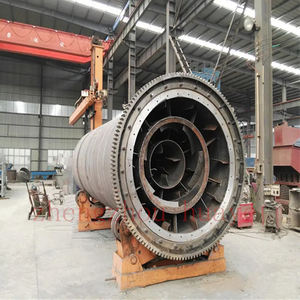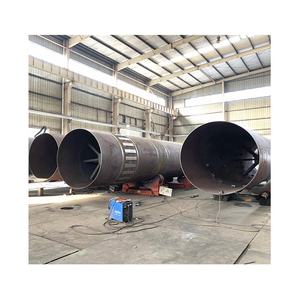To operate heavy machinery professionally, obtaining proper certification is not only a legal requirement in many jurisdictions but also a critical step in ensuring workplace safety and operational efficiency. As a mechanical engineer, understanding the certification process is essential whether you are directly involved in operations or overseeing teams. This article outlines the systematic approach to achieving certification for heavy machinery operation, emphasizing compliance, safety, and professional development.
(How To Get Certified To Operate Heavy Machinery)
First, identify the specific machinery for which certification is required. Common types include excavators, bulldozers, cranes, forklifts, and loaders. Each category often demands distinct certifications due to varying operational complexities and safety protocols. Regulatory bodies such as OSHA in the United States, the HSE in the UK, or equivalent national agencies mandate these certifications. Eligibility criteria typically include being at least 18 years old, possessing a valid driver’s license, and meeting physical fitness standards. A medical examination may be required to confirm visual acuity, hearing, and overall physical capability to handle machinery safely.
Next, enroll in an accredited training program. These programs are offered by vocational schools, community colleges, industry associations like the National Commission for the Certification of Crane Operators (NCCCO), or employer-sponsored facilities. Ensure the program adheres to standards set by relevant authorities. For instance, OSHA-compliant courses cover both theoretical and practical components. Theoretical training includes hazard recognition, load dynamics, stability principles, emergency procedures, and site-specific risk assessments. Practical training involves hands-on operation under expert supervision, focusing on maneuvering, load handling, and preventive maintenance checks.
Subsequently, complete the training and prepare for the certification examination. The exam generally comprises a written test and a practical skills assessment. The written portion evaluates knowledge of safety regulations, operational limits, and mechanical systems. The practical test requires demonstrating proficiency in real-world scenarios, such as navigating obstacles, lifting and placing loads precisely, and executing shutdown protocols. Study materials provided during training, coupled with operator manuals for specific machinery, are indispensable resources. Consistent practice on the equipment is crucial for building muscle memory and confidence.
Upon passing the exam, you receive a formal certification or license. This credential is typically valid for three to five years, depending on the issuing body and machinery type. Maintain detailed records of your certification, as employers and site inspectors will request them. Additionally, pursue continuing education to stay current with technological advancements like telematics and automated systems. Renewal often necessitates refresher courses or re-examination to reinforce safety practices and address regulatory updates.
(How To Get Certified To Operate Heavy Machinery)
In conclusion, certification for heavy machinery operation is a non-negotiable aspect of professional engineering and construction roles. It mitigates accidents, enhances productivity, and ensures legal compliance. By methodically selecting the right certification, engaging in rigorous accredited training, and committing to ongoing education, mechanical engineers contribute to a culture of safety and operational excellence. This investment not only safeguards personnel and assets but also advances career prospects in industries reliant on heavy equipment.


